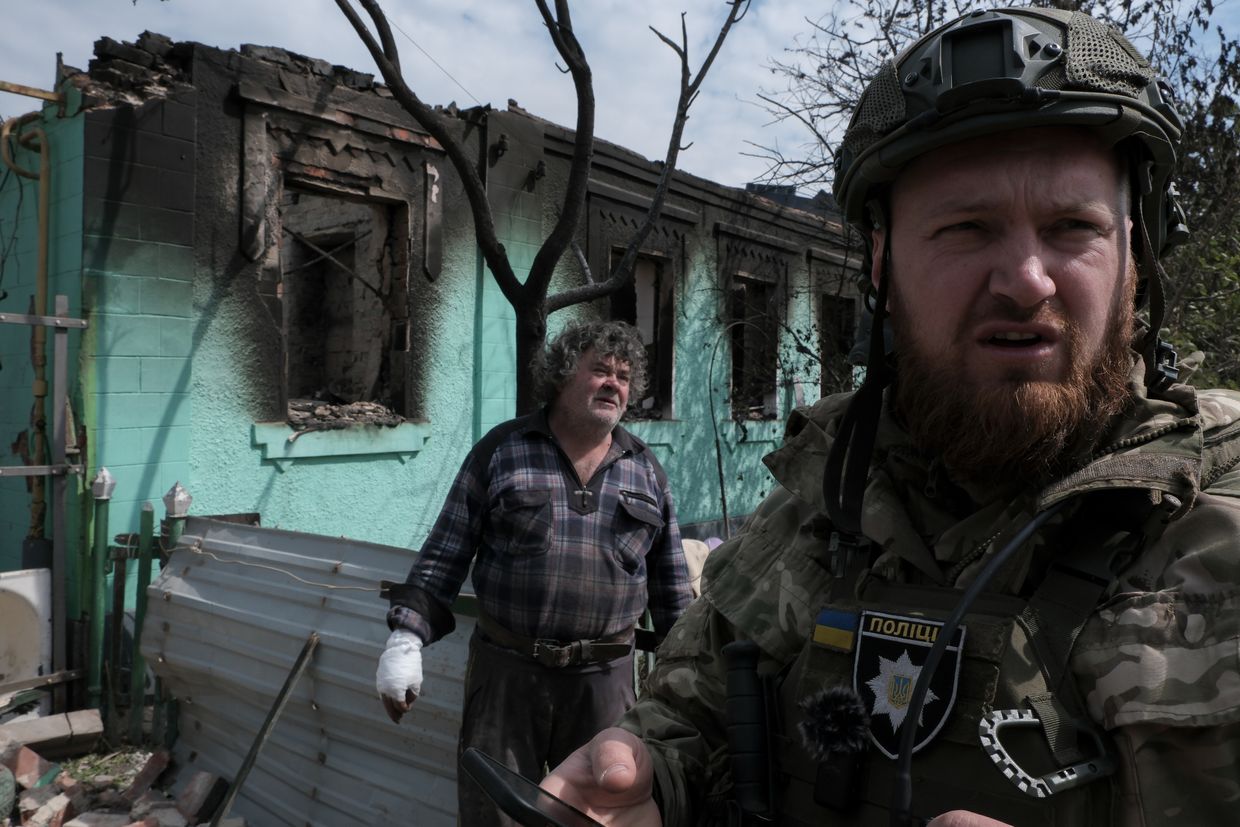Russia to increase taxes on struggling energy giant Gazprom this year

Russia will increase taxes on its national energy giant Gazprom despite the company suffering record losses, the British Ministry of Defense (MoD) wrote in its daily update on May 12.
Gazprom’s revenue fell by 30% last year with a net loss of $6.9 billion, the largest in 25 years. Russia’s full-scale invasion of Ukraine led to worsening relations with Europe, limiting the operations of the company.
The energy giant relied on European markets and failed to find alternatives after the EU moved away from Russian gas. While Gazprom found some success in other foreign markets, this only accounts for five to 10 percent of its European sales.
Moscow has heavily taxed Gazprom’s revenues over the last two years and the company paid $28 billion to the government in 2023, accounting for nine percent of the government’s revenue last year.
The decision to further increase taxation means Gazprom has cut investment this year by 15 percent, the British MoD said. The company’s profits will be restricted until 2030, the MoD believes.
In seeking new markets, Russia has been forced to export natural gas at reduced prices. The Russian Economy Ministry published a report setting gas exports' price to China at $257 per 1,000 cubic meters compared with $320.30 for Western markets.
In September 2023, the company announced that its gas production dropped by 25%. Gazprom blamed the fall on "the adoption in a number of countries of politically motivated decisions aimed at refusing to import Russian gas" in particular.
In May 2023, the EU and G7 agreed to ban Russian gas imports on routes where Moscow has cut supplies before, in order to prevent the restart of Russian pipeline gas exports on routes to countries such as Poland and Germany.
EU countries are still importing Russian liquified natural gas (LNG) but the European Parliament voted on April 11 to pass rules allowing member states to ban the imports. The policy aims to create a legal route for blocking gas deliveries by preventing Russian and Belarusian companies from booking gas infrastructure capacity.













